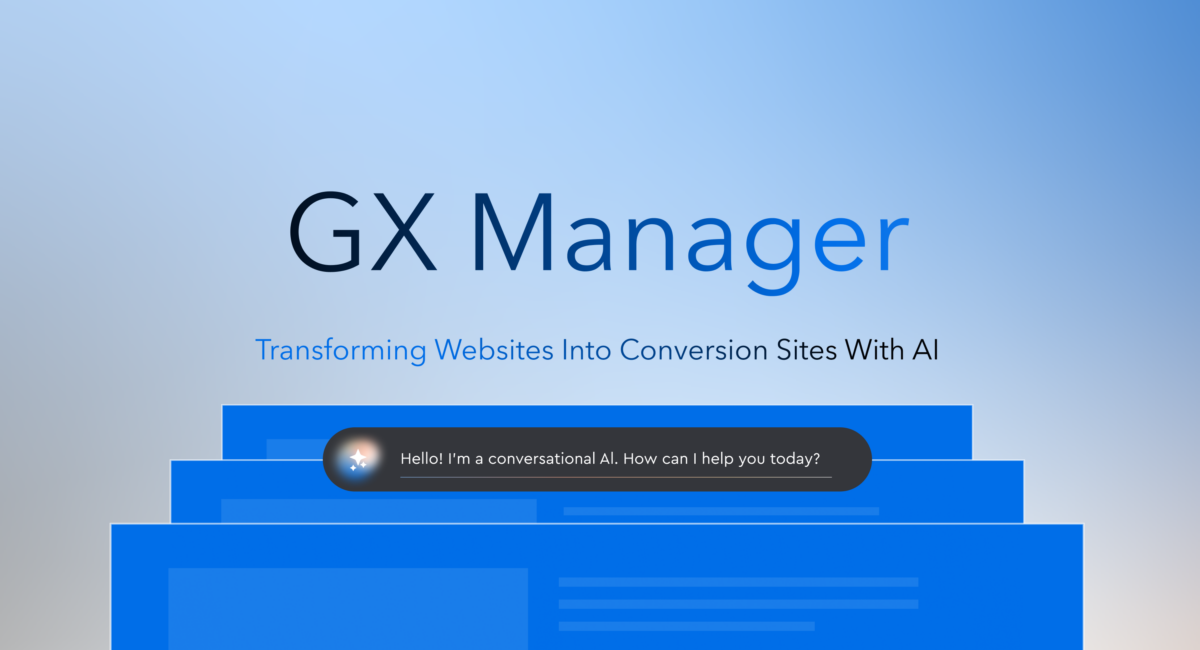At a recent WPP B2B conference, a range of CMOs agreed on one thing: We need new thinking about marketing as an enabler of sales.
That’s why I was struck by the imbalance revealed in a Gartner CMO Marketing Budget survey: 60% of all digital spend is allocated to paid media, while only 7.8% goes to the creation of content and messaging.
Computer science tells us, “Garbage in, garbage out.” In the case of marketing, it doesn’t matter how sophisticated (or expensive) your digital distribution system is if you’re underinvesting in content and feeding it junk. Only 29% of marketers currently say that their content is extremely or very successful.
Better things are possible. With a more refined approach, companies can create corporate content marketing that drives the sales agenda, in profound ways, at every stage of the sales journey.
Right off the bat, content is highly efficient—music to the ears of any marketer asked to accomplish more with fewer resources. A recent report identified owned content as providing one of the highest sources of ROI out of any marketing channel.
However, to truly capitalize on the benefits of content, brands need to focus greater investment into fewer, higher-quality, and more adaptable pieces of content.
Content is a powerful way to drive awareness and consideration for your company. B2B buyers, for example, typically consume eight pieces of content from a vendor before embarking on a purchase decision, with the majority of buyers sourcing this directly through a company’s website.
But those key pieces of content need to be created with far greater intention. While past eras of marketing saw the rise of the maximalist content sites—filled with pages of upon pages of articles, PDFs, and endless press releases—attention-strapped decision-makers need a far more curated experience that speaks directly to their needs.
Similarly, when done right, content is a highly effective way of convincing decision-makers of your company’s value further down the marketing funnel. As a recent LinkedIn report found, 61% of B2B decision-makers say thought leadership content is more effective at demonstrating the potential value of their products and services than traditional advertising or product marketing. This points to the necessity of strategically investing in the right type of original and insights-rich content that establishes true expertise and credibility.
Finally, content is one of the most effective tools for building long-term relationships with current and future clients. Beyond just informing audiences of your value proposition and influencing purchase decisions, the right type of story-based and humanizing content does a great deal to inspire trust in your audiences and keep you at the top of their minds for the long term.
Considering content’s high ROI and influential role across the entire sales journey, it’s time for marketers to loosen the budgetary reins and put content in the leading role it deserves.









